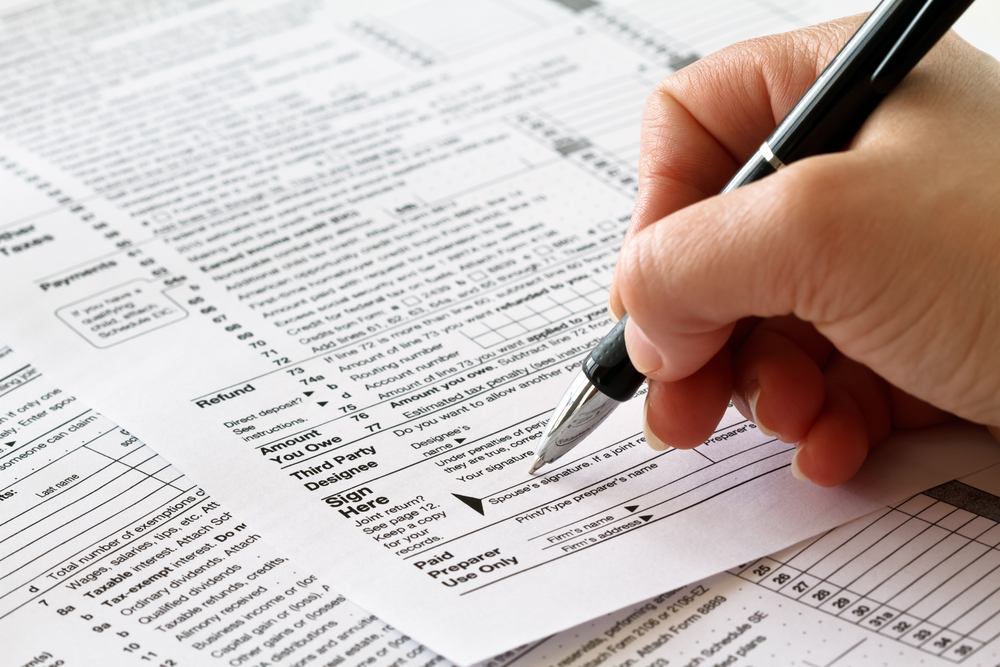As of the 2025 tax year, many older Americans may realize a new tax benefit…

What Is an Elder Law Attorney and How to Find a Good Elder Law Attorney in Florida
Aging brings a unique set of challenges, from navigating healthcare options to protecting financial assets and ensuring long-term care needs are met. When it comes to securing a sound future, the guidance of a specialized professional—an elder law attorney—can be invaluable. But what exactly does an elder law attorney do, and how do you find the right one for your needs in Florida? Let’s dive in.
What Is an Elder Law Attorney?
An elder law attorney is a lawyer with specialized knowledge in legal issues that affect older adults, their families, and individuals with disabilities. Unlike general attorneys, elder law attorneys are trained to address the multifaceted needs of seniors, including estate planning, Medicaid eligibility, long-term care planning, and more. In Florida, where many residents are retirees, the demand for elder law services is high, and Florida law provides specific regulations and protections designed to support the unique needs of older adults.
Key Areas of Practice for Elder Law Attorneys in Florida
1. Estate Planning and Asset Protection
Estate planning is foundational to elder law. An elder law attorney can help seniors establish essential documents like wills, trusts, and advanced directives. In Florida, revocable living trusts are popular as they allow assets to pass to beneficiaries without probate, saving time and expense for heirs. An elder law attorney also helps with asset protection, guiding clients on legally transferring and protecting assets to qualify for Medicaid without unnecessary financial loss.
2. Medicaid and Long-Term Care Planning
Nursing home and long-term care costs are a significant concern, especially in Florida, where the high retiree population drives demand. Elder law attorneys can help individuals legally qualify for Medicaid assistance, reducing the financial burden of long-term care. Florida has strict “look-back” periods and asset limits for Medicaid eligibility, so consulting an attorney early is essential to avoid penalties.
3. Guardianship and Pre-Need Guardianship Designation
In cases where a senior becomes incapacitated and cannot make decisions independently, guardianship may be necessary. Florida law outlines a legal process for establishing guardianship, typically requiring a court-appointed guardian to manage the individual’s affairs. To help clients avoid court-appointed guardianship, our firm recommends that clients establish a pre-need guardian as part of their estate planning process. This designation allows individuals to select a trusted person who will act as their guardian if needed, ensuring that their personal wishes are honored and avoiding the lengthy and often stressful court process.
4. Special Needs Planning
For families with a disabled loved one, elder law attorneys assist in establishing special needs trusts. These trusts allow individuals to access inheritance or gifts without losing eligibility for benefits like Supplemental Security Income (SSI) or Medicaid. Florida law permits a range of trust structures that can be customized to the beneficiary’s unique circumstances, making it easier to provide long-term support without compromising financial assistance.
5. Veteran’s Benefits
Veterans and their families are often eligible for benefits like VA pensions, which can help cover the cost of in-home care or assisted living. Elder law attorneys familiar with veterans’ benefits assist in navigating eligibility requirements and applications, ensuring veterans receive the support they deserve.
How to Find a Good Elder Law Attorney in Florida
Finding the right elder law attorney involves more than just picking a name from a list. Here are key steps to ensure you choose a qualified, trustworthy professional:
1. Check Certifications and Professional Affiliations
Look for an attorney who is a member of the National Academy of Elder Law Attorneys (NAELA) or the Elder Law Section of the Florida Bar. Membership in these organizations demonstrates a commitment to elder law and continuing education, which is crucial in a field that regularly evolves.
2. Seek Experience with Similar Cases
An experienced elder law attorney will have handled cases like yours and be familiar with specific Florida regulations. Ask about their experience with issues such as Medicaid planning, guardianship, or veterans’ benefits. In Florida, elder law attorneys often collaborate with other professionals, like financial planners and social workers, to provide a well-rounded approach to client needs.
3. Evaluate Communication Style
Elder law often involves sensitive discussions around finances, health, and family dynamics. Choose an attorney who listens attentively, communicates clearly, and explains legal concepts in plain English. In complex fields like Medicaid eligibility or trust structures, clarity is essential.
4. Read Reviews and Testimonials
Client feedback can provide insight into an attorney’s strengths and approach. Look for testimonials on Google, the attorney’s website, or through legal review sites like Avvo. Positive reviews from clients facing similar circumstances can reassure you of the attorney’s expertise and approachability.
5. Request an Initial Consultation
Many elder law attorneys offer initial consultations to discuss your needs and goals. This meeting is an opportunity to assess whether you feel comfortable with the attorney, their level of experience, and their suggested approach to your case. In Florida, consultations can often include discussions around Medicaid asset protection strategies, trusts, and estate planning essentials.
Why Choose a Specialized Elder Law Attorney?
Elder law attorneys bring a nuanced understanding of how Florida-specific laws impact older adults, as well as strategies to protect assets and ensure proper care in later life. They work as trusted allies, combining legal skill with a compassionate approach. From planning for long-term care to ensuring assets pass smoothly to heirs, elder law attorneys serve as essential guides through the complexities of aging.
Whether you’re planning your own future or helping an elderly loved one, finding a skilled elder law attorney in Florida ensures that you’re prepared for life’s uncertainties with confidence and peace of mind.
To schedule a consultation with one of our elder law attorneys call 321.729.0087 or click here if you prefer to schedule an appointment via email.



